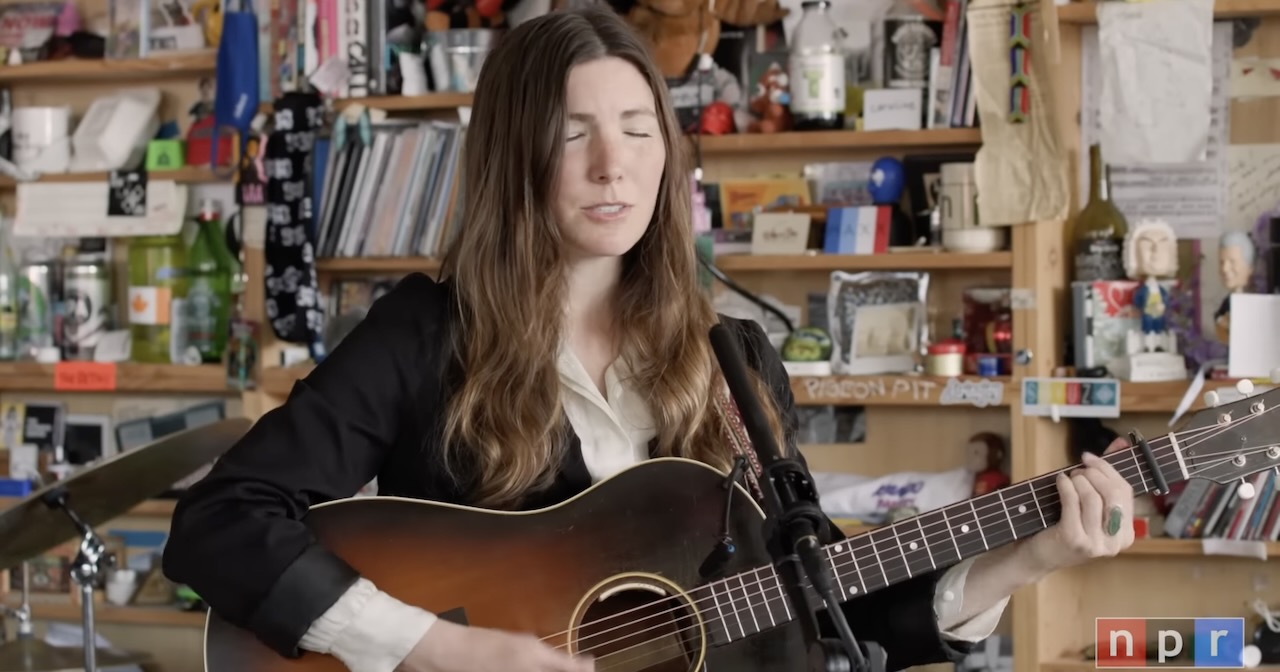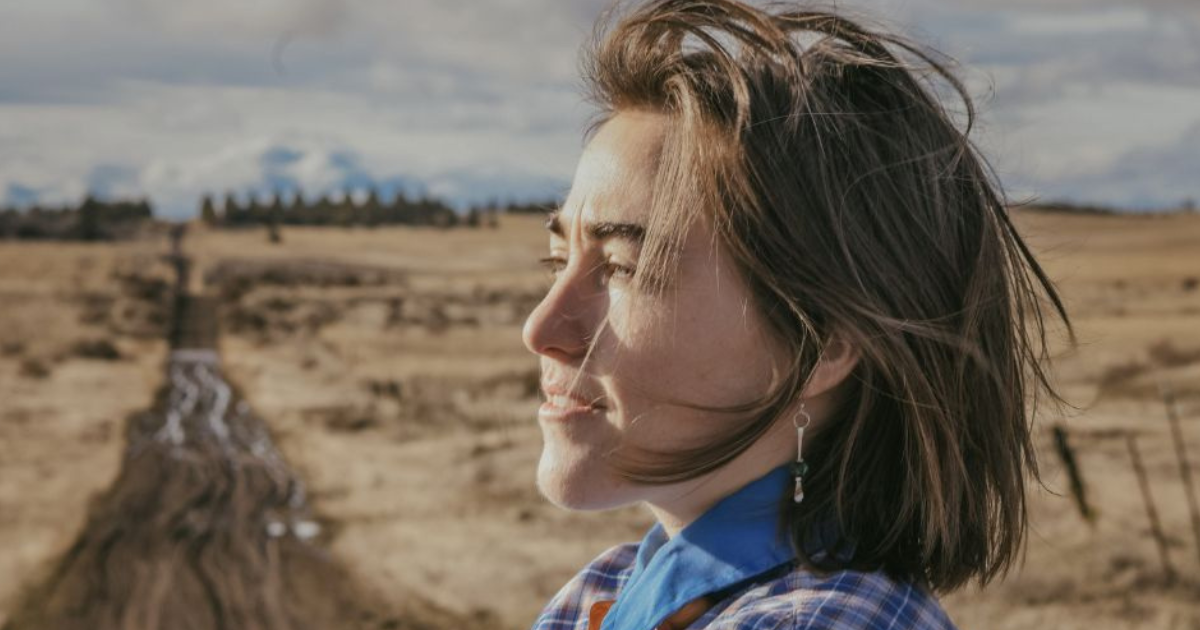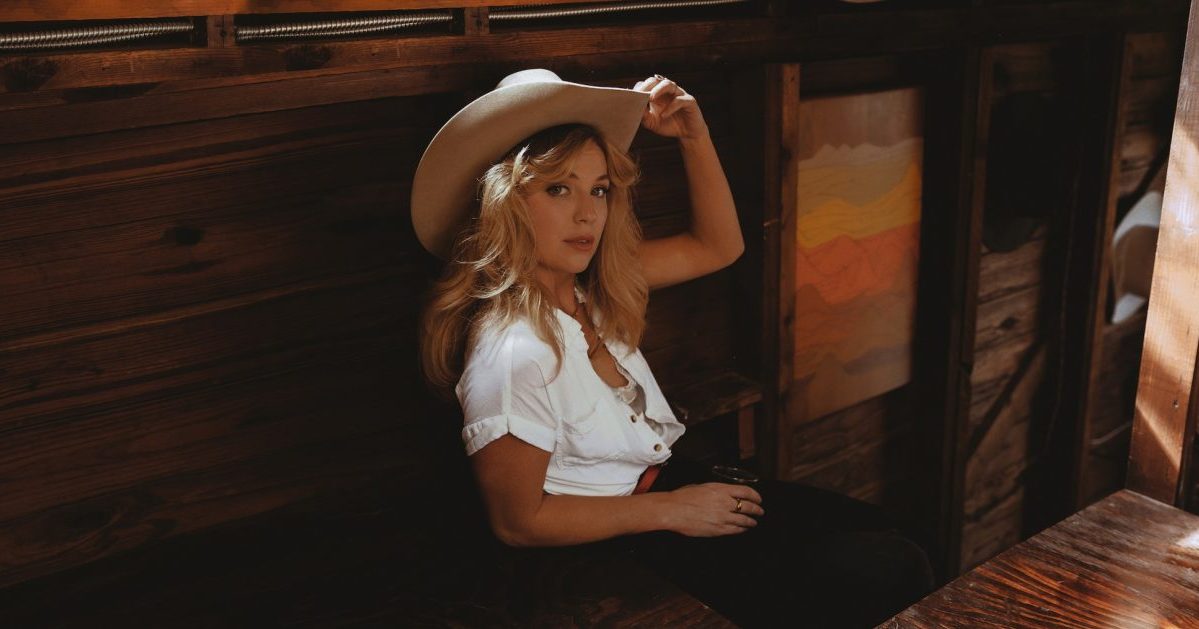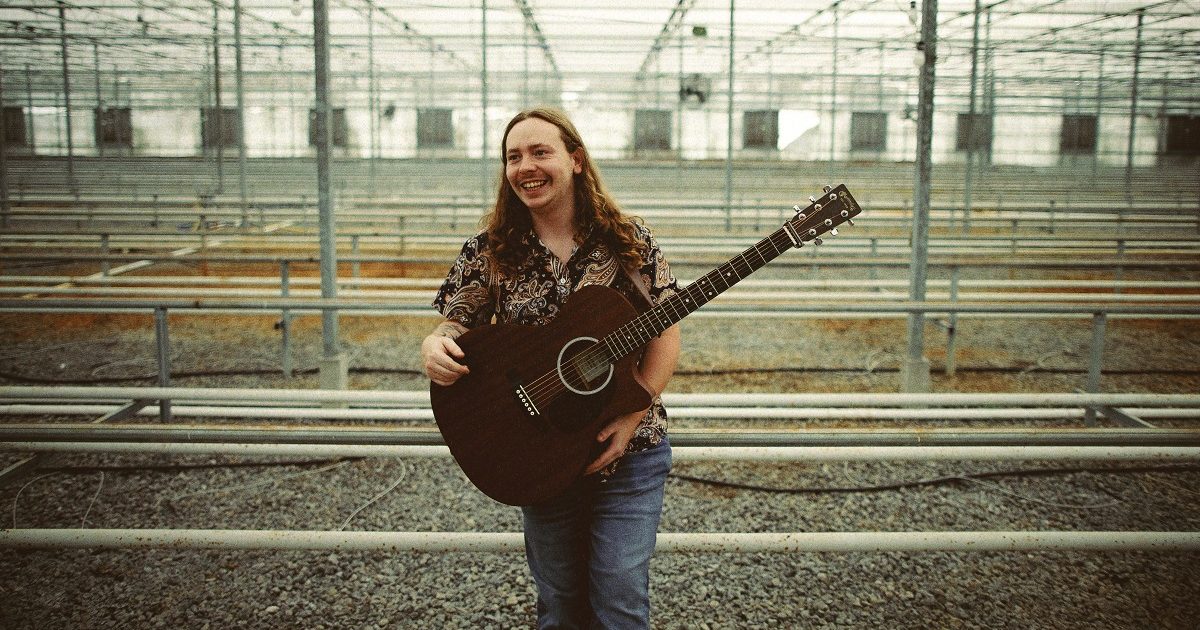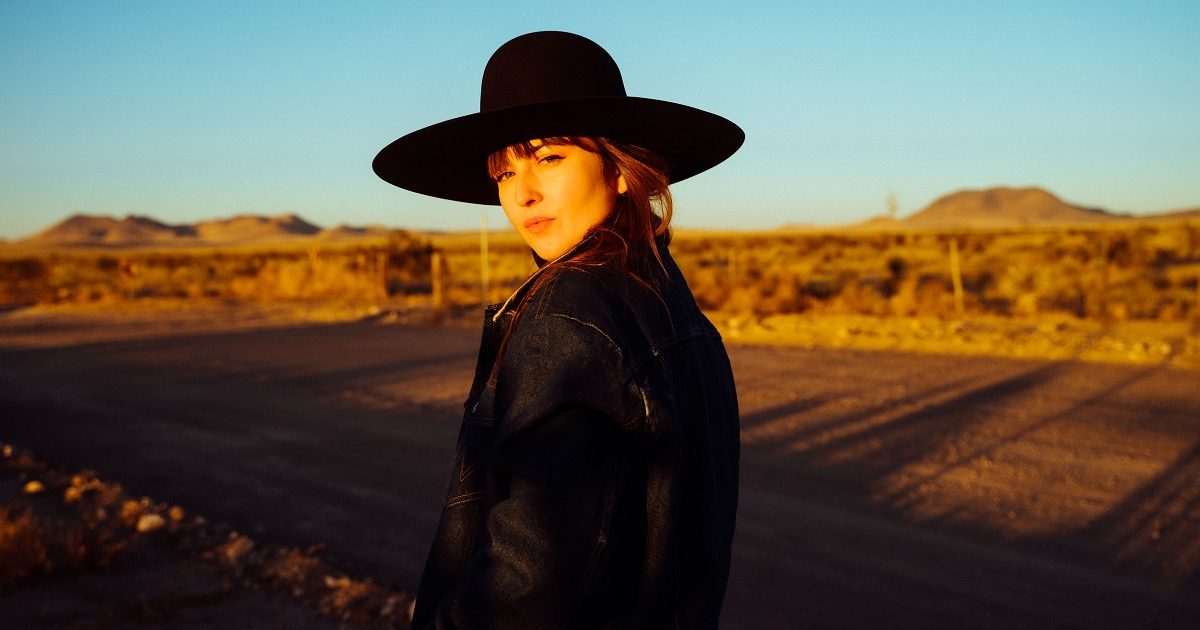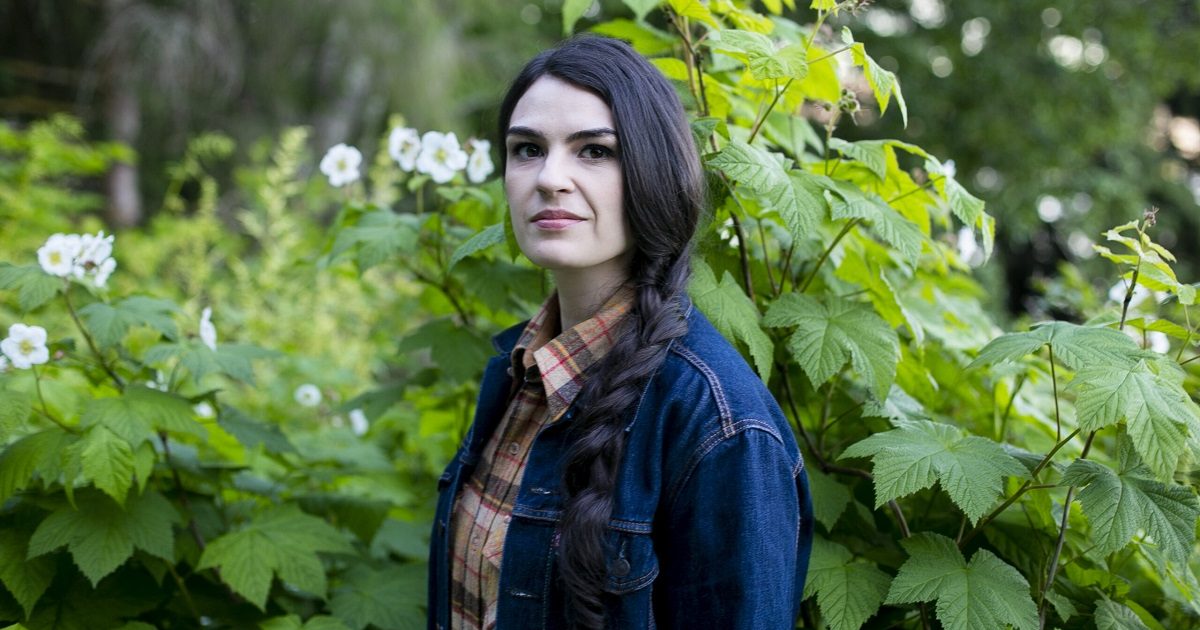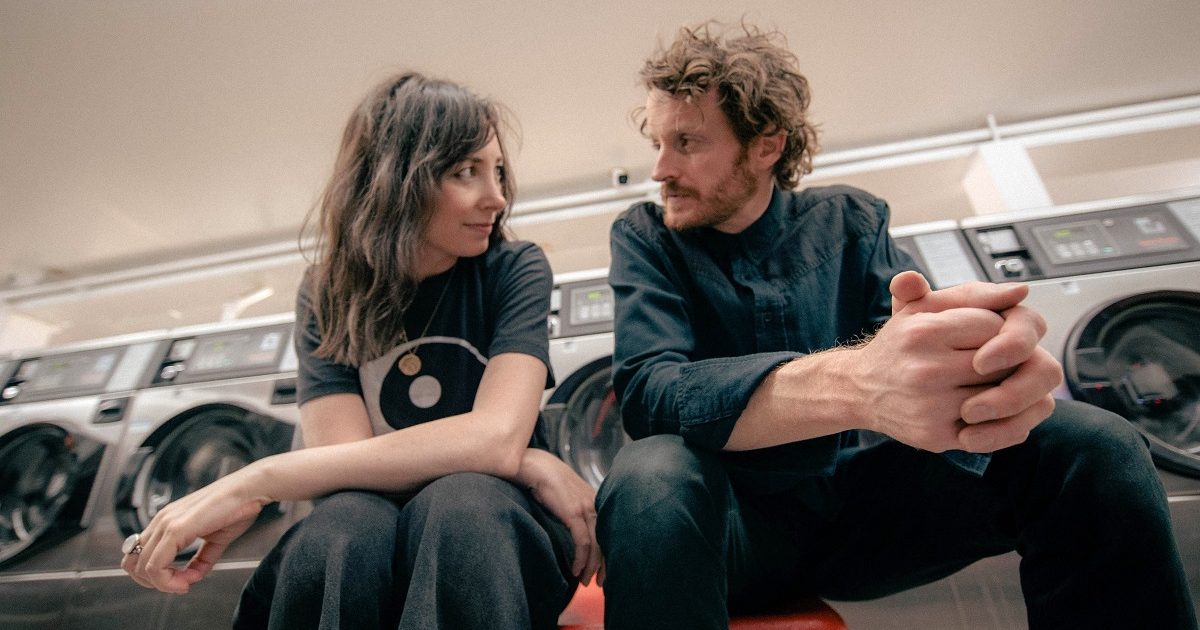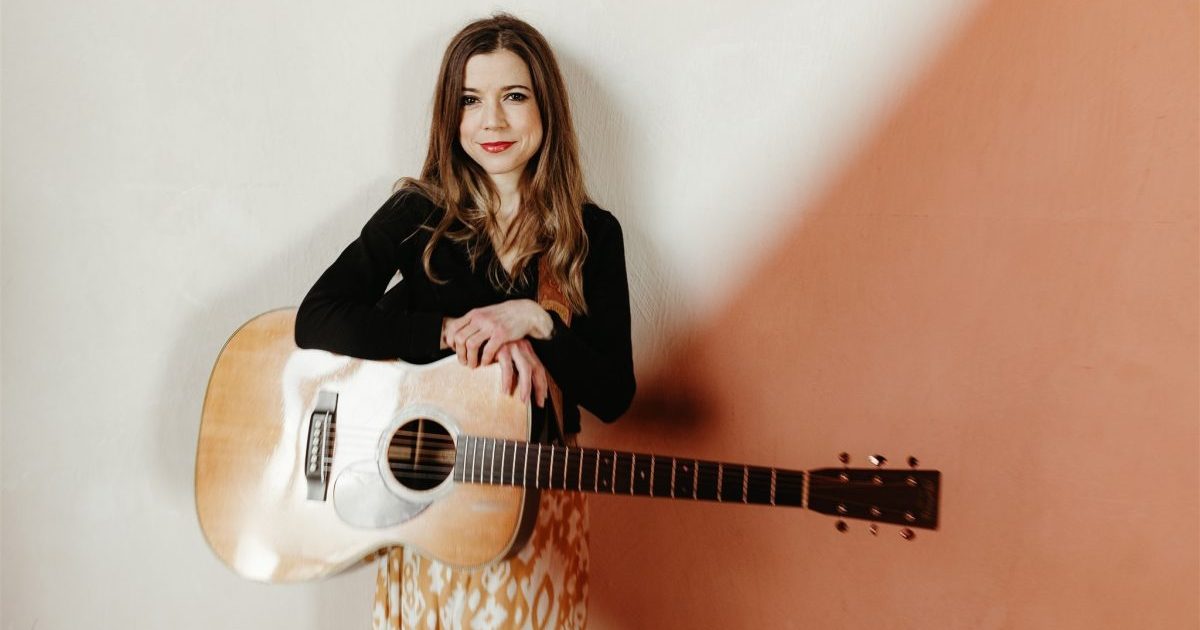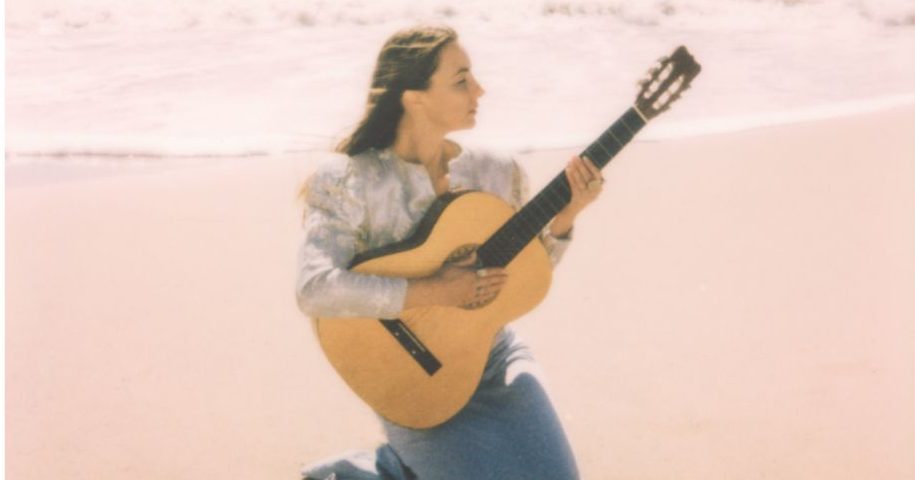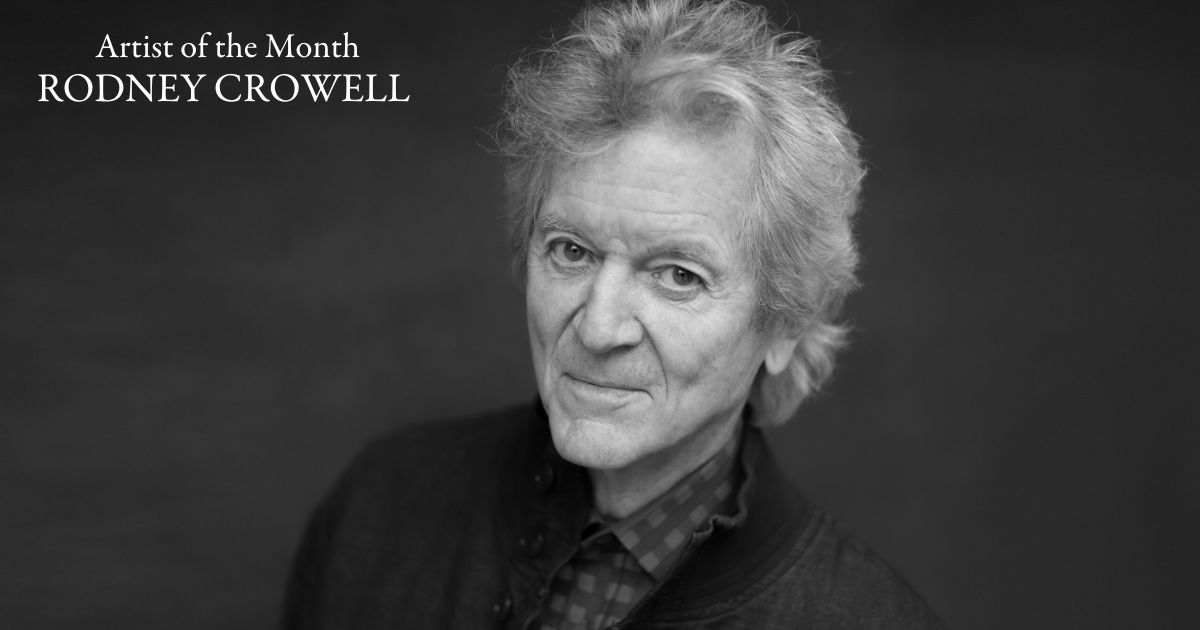Artist: Jim and Sam
Hometown: Santa Monica, California
Latest Album: Good on the Other Side
Personal Nicknames (Or Rejected Band Names): Jamantha, Double Lives, JS, Jim Hanft and Samantha Yonack, Sim Jam, The Dialogues
What rituals do you have, either in the studio or before a show?
Before shows we do this “improv shake out” sort of thing where we both shake each of our limbs energetically 10 times while counting out loud while facing each other — and after we get through both legs and arms we count and shake to 9 and then 8 and so on. By the end it usually wakes us both up and we’re smiling feeling like idiots and totally loosened up to get on stage. I’m not sure, but I think it’s something Sam learned at acting school and she introduced it to me before one show where I was feeling a bit insecure and nervous to go on stage… and it worked. Since then we do it almost every time. It only gets weird if there are other people in the green room; however, usually people end up joining in. — Jim
Yes we shake our limbs but mainly we avoid each other. Jim goes and looks for a coffee and people to talk with, while I look for a room with no one in it to have a little quiet and get grounded. Our energies are opposite and we would make each other nuts… so right up until we go on… we usually take a little space. Then we shake. — Sam
If you had to write a mission statement for your career, what would it be?
SHOW UP FULLY… In 2017 we played one show every day for a year, and on the days where a show was canceled or we couldn’t book a show we would have to find a show. It was those impromptu shows that taught us that whether you’re in a beautiful ornate theater in Brussels performing to a sold-out audience or a dingy liquor store in London performing for the cashier, if you don’t show up it doesn’t matter, you may as well have stayed at home — but if you show up, if you’re fully present with the song, the room, the moment and the people or person you’re playing for, magic can happen. When we finished the tour we spent the following year making our film After So Many Days. It was during that process that we were reminded of the importance of showing up to the storytelling, the editing, and the music for the film. We now carry this with us wherever we are in the process of whatever we are creating at the moment.
What has been the best advice you’ve received in your career so far?
Throughout our year-long tour, we kept receiving the same advice from strangers to “keep going.” We still hear many of those voices in our heads on the days when not picking up the guitar or sitting at the piano feels easier than muscling through a hard day. A friend of ours also just shared advice he heard that a career is sort of like a brick wall, and the work you do whether it’s a song, album or a tour it’s all just a brick in a wall that you’re building… so don’t be too precious about one thing as long as it’s placed level with enough mortar, it’s really just a piece or a moment of a larger work of art.
Which elements of nature do you spend the most time with and how do those impact your work?
A lot of the songs on our most recent album were written during the first few months with our daughter, Hazel. The quiet walks with her in Temescal Canyon became a weekly ritual for us that always seemed to ground and reinspire us… similarly to the way a walk or hike while traveling on tour would always bring us back to earth. We are also lucky enough to live a few blocks from the beach and early in the morning we would walk her and our dog Pico down to the water to listen to the waves crash while the rest of the city was still asleep. The consistency of the waves (and the consistency that she has brought into our lives) is something that I think we were craving as two people that spent so many years touring. During these morning walks, Hazel would often fall asleep in her stroller. When we got home, we’d park her in the corner of the living room and use the remainder of her naps to write.
What was the first moment that you knew you wanted to be a musician?
I lost my dad to a tragic accident when I was 20. Up until that point I had written funny songs to try to make people laugh. It was when my father was in a coma that I turned to the guitar and to my notebook to express what I was feeling, and what the people closest to me were feeling. I recorded a demo of a song that I shared with my mom and friends and they connected and reacted to it in a way that I had never felt before. The song was then played for my dad on the final mixtape he heard in the hospital and then again at the funeral. From that point on, music has been a place I have always turned to when feelings have gotten too big to say or too big to just feel. — Jim
For as long as I can remember there was always music in my house. My dad was constantly playing the piano and writing my favorite songs. I would sit next to him and sing along… and eventually we would write songs together. He told me recently that he remembers when we recorded one of the first songs we wrote together at a studio… I poked my head out of the booth and said, “Dad, I really like this.” My mom was also a performer when she was younger so I was introduced to theater pretty early, too. I think the combination of all of it just created an innate desire to create that never went away. — Sam
Photo Credit: Mike Zwahlen
